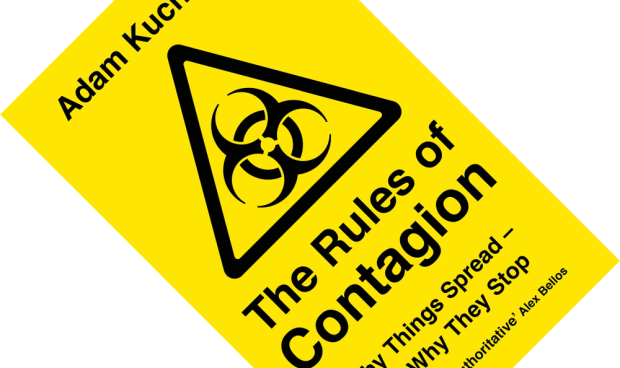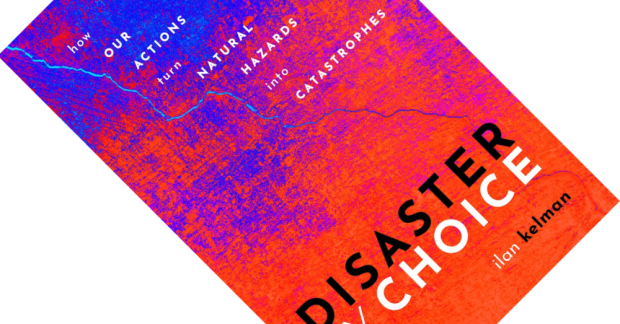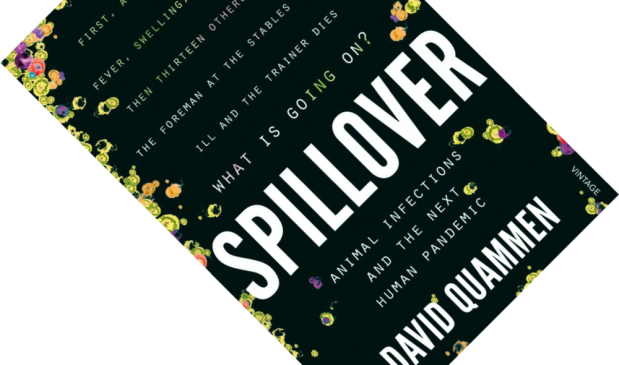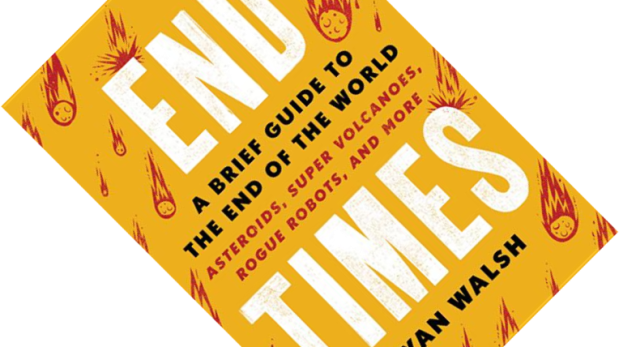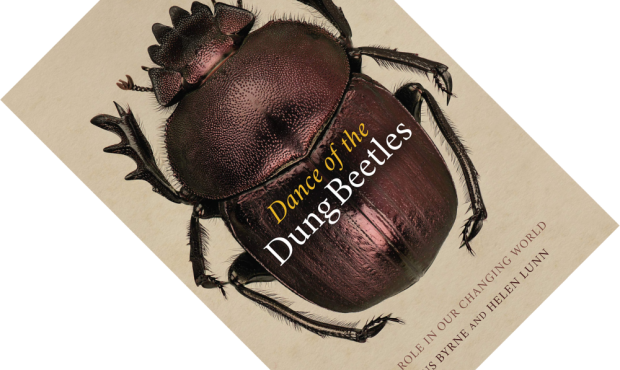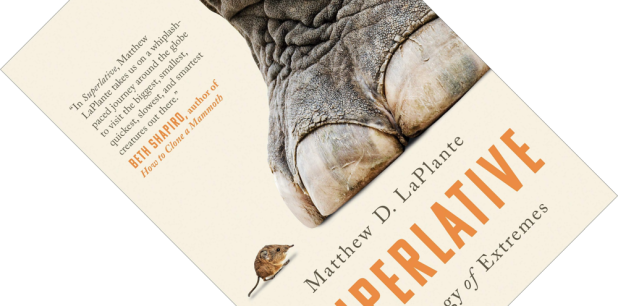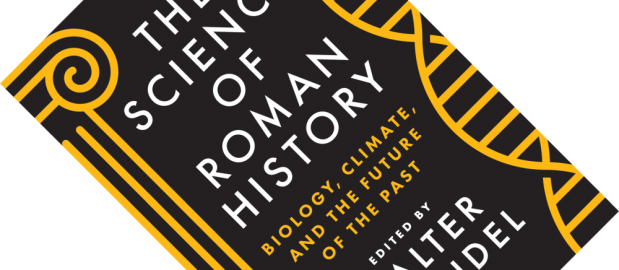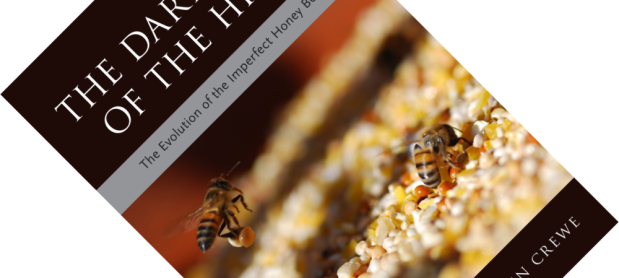6-minute read
With the world in the throes of the COVID-19 pandemic, the questions posed by the subtitle of this book are on everyone’s mind. Associate Professor at the London School of Hygiene & Tropical Medicine Adam Kucharski here takes the reader through the inner workings of contagion. From violence and idea to financial crises and, of course, disease – some universal rules cut right across disciplines. So, is this the most topical book of the year? Well, yes and no.

